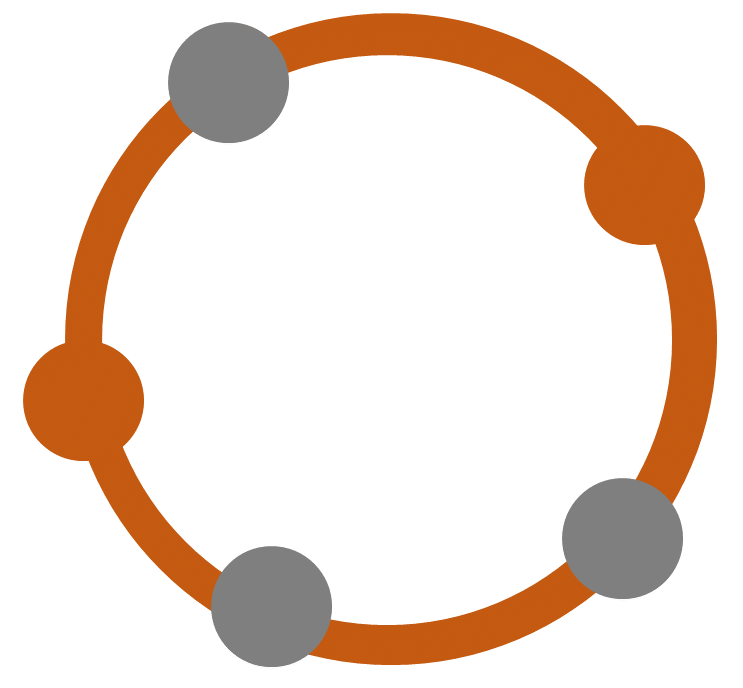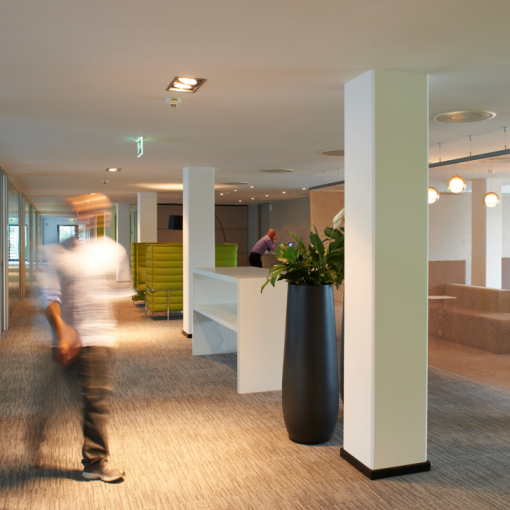We have numerous reasons why we want to meet other people in the business context.
- Deliver information
- Meet people you know
- Meet new people
- Learn
- Collaborate
- Establish trust
- Resolve a problem
- Build a community
- Take decisions
- Get inspiration
- Provide training
- Have some fun
- Network
- Brainstorm
- Get ideas
Our first inclination is to hold these meetings face-to-face, in person that is. Why? We have learned to appreciate the power of building connections with others.
These are all valid reasons to meet people. But there are times where face-to-face meetings are not possible or simply inefficient: the current protection from the corona virus is one scenario. At other times we should consider travel time and CO2 omissions. And there are people we want to meet with higher frequency than personal travel will permit.
When I talk to people in organisations I observe a mix of uncertainty and the belief that the traditional way of meeting cannot be replaced. “I need to see people in person”; “just speaking to colleagues is not the same, if I don’t see their reaction”; “when we have to discuss something to find a solution it is best to meet”… and so on.
Don’t get me wrong, I agree that meeting people in person is wonderful and I enjoy that opportunity as well. However, I do also see what is really possible in alternative ways of holding meetings. For years I have been running online meetings in the company I worked for. International and national meetings, in groups or 1:1, with people I had met in person before and I others I had not.
Online live collaboration is a discipline in modern work life that has been around for some years but is now clearly experiencing a new spike. The important point is though that it has to be done really well to get close to the positive in-person meeting experience we may have. And I like the fact that there are behaviours and methods we can learn in order to significantly increase the quality of our online meetings and enrich the experience all participants have.
Of course people have to learn how the software application that their company provides really works. Interestingly, that is not always a given, be it in large or small organisations. This is the first thing people have in mind when you ask them about their experience.
But even before we get to trainings providing employees with that know-how on their in-house tools, we usually face questions that reflect the mindset – the change in expectation, behaviour and process has to be managed actively.
One customers story:
Nine months ago a team leader calls to state that their globally dispersed team of about 20 people was meant to travel to the European Headquarter for their annual meeting. The company had issued a travel ban for these kinds of activities. The leader now was wondering what they could do instead in a virtual setting. It was still important to discuss and agree certain points and also get some engagement through team spirit.
So what would you do in a situation like this? Just sent out an E-Mail to the team with important information? Or have a phone call with the team leader providing an update on the coming months? – chances are that the engagement of people will be limited.
The concept we developed with the customer was simple but effective. Work with the tools you have available but use different methods to really engage everyone. And build in some fun aspects. If people experience the opportunities of collaboration in a fun setting they will begin to think how they can make use of that in their day-to-day job. The team conducted a good mix of information giving, discussion and input from everyone and virtual teambuilding games. Employees were positively surprised and enthusiastic. And they had a positive experience that opens their mind for future occasions.
Whether you are replacing in-person meetings (for whatever reason) or you hold online meetings in between the rare personal get-together, doing them well makes a huge difference in the experience and output.
So I recommend getting a lot more out of the digital interaction opportunities you have available in your company. And this requires awareness of the mindset-shift of everyone as well as knowing how to implement it.




